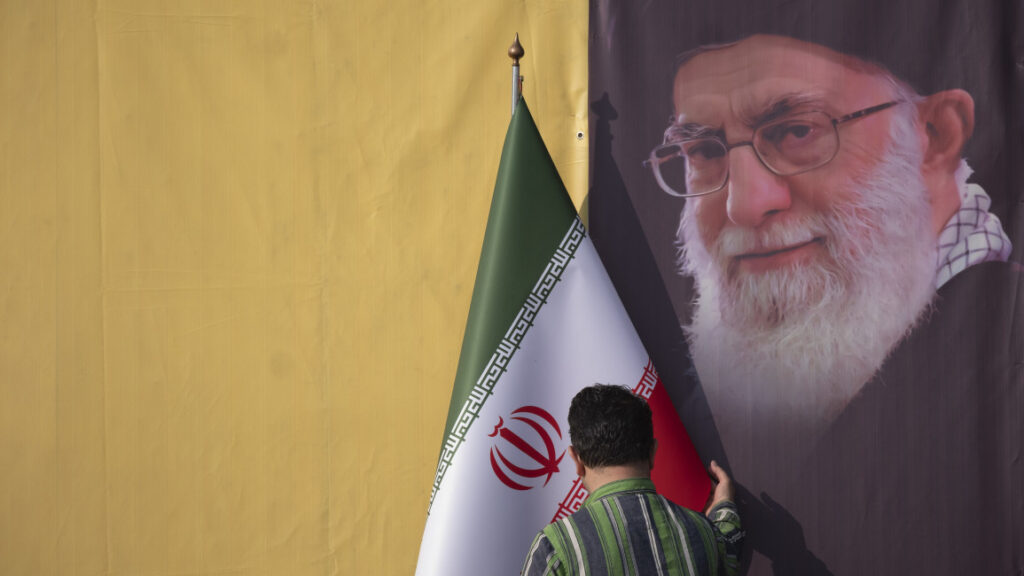
On the streets of Tehran, the oppressive heat continues, with a drought and water crisis putting the city of 10 million under pressure. The 12-day war between Israel and Iran may have ended in June, but nerves are frayed.
Some Iranians have fled abroad, while others have returned from their Caspian Sea hideaways or rural relatives to a capital that doesn’t quite feel like itself, despite numerous official attempts to portray the country as being back to normal.
The scale of the attacks, with hundreds killed, including senior officials and scientists, left many stunned. And although the fighting has paused, few truly believe it is entirely over.
Many in the region fear another major escalation. Iranian President Masoud Pezeshkian recently expressed doubt over how long the current ceasefire will remain in place.
Yet, alongside the fear and resentment towards the regime and external forces, a proud defiance is emerging, distinct from the state. Even regime critics like Reza Kianian are rallying around the idea of Iran itself, not the government, but the nation. In a birthday Instagram post, the award-winning Iranian actor wrote, “Iran has existed, exists still, and will endure.”
Persian nostalgia, once a subtle form of dissent, is now beginning to enter the mainstream, even among segments of the theocratic elite who are using folklore and patriotism in an attempt to galvanise and unite.
It is a useful tool at a moment when spy chief Brigadier General Majid Khademi accuses Israel of waging “intelligence warfare, to sow internal chaos. In my own family, there are cousins born in the 1980s named Kourosh and Kambiz, a quiet act of patriotism.
As a former British-Iranian journalist who reported from deep within the country, travelling from Sistan Baluchistan to the Persian Gulf, I’ve witnessed Iran’s contradictions firsthand. I recently began rereading extracts from Tom Holland’s Persian Fire and Herodotus’s accounts of the Persian-Greek wars.
It wasn’t until European archaeologists and Greek translations arrived in the early 20th century that some Iranians were reintroduced to this part of their history. The Pahlavi monarchy, of course, seized upon it, portraying itself as the heir to ancient Persian greatness, until Shah Mohammad Reza Pahlavi fled the Peacock throne in 1979, never to return.
Today, the regime is trying to tap into a nationalistic revival, but many Iranians I’ve spoken to are sceptical. This isn’t about glorifying the past; for them, it’s a reminder that Iran is older, deeper and more complex than those who currently rule it. Many are wondering how long this resurgence of nostalgia will last.
